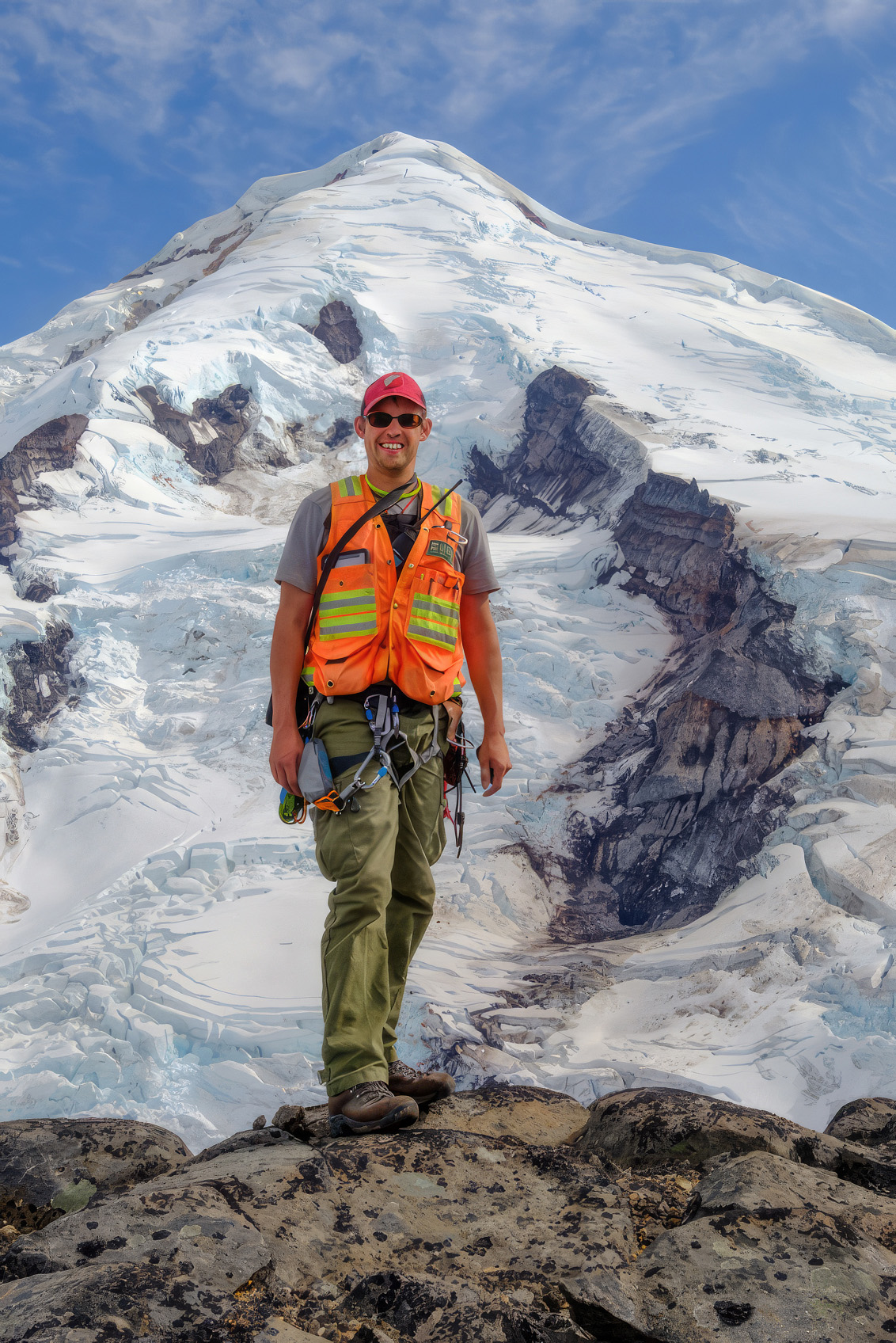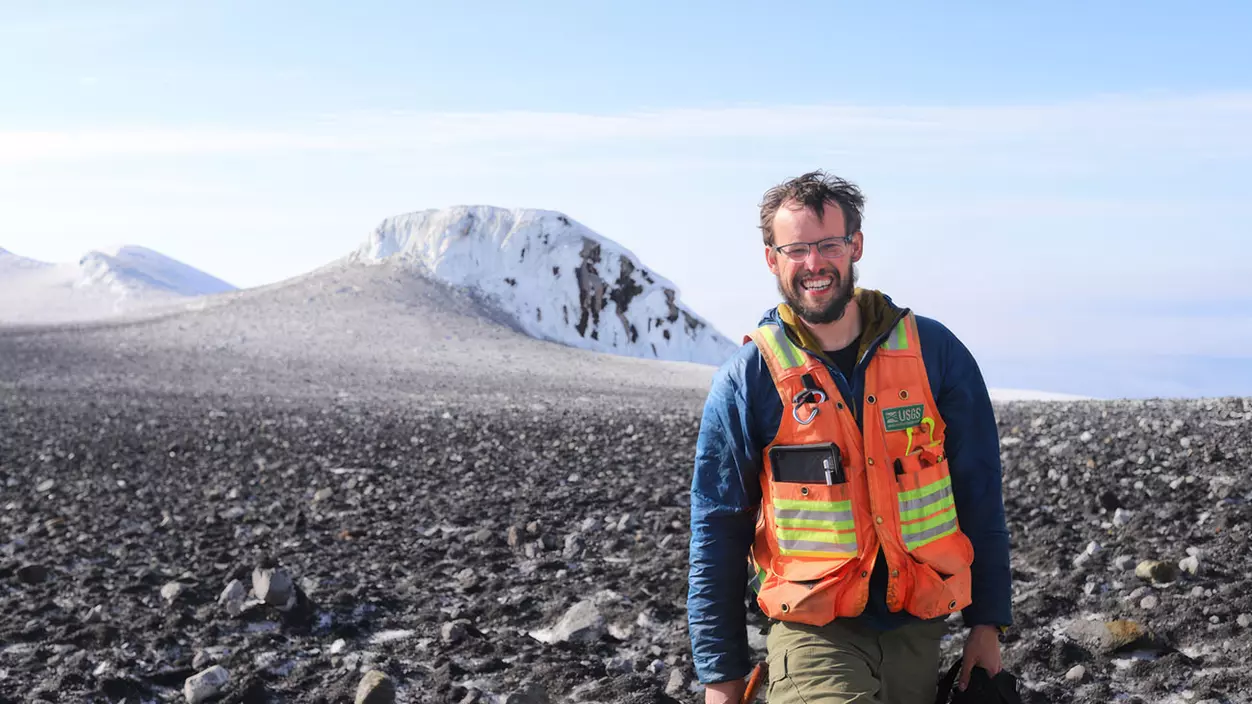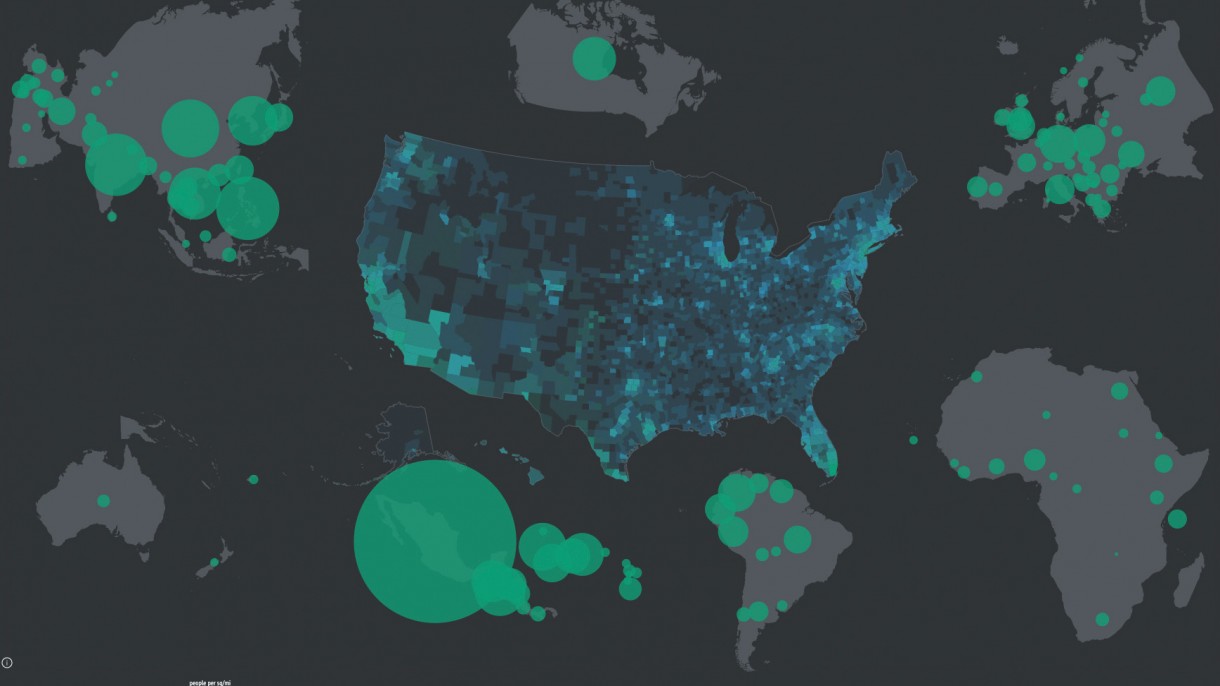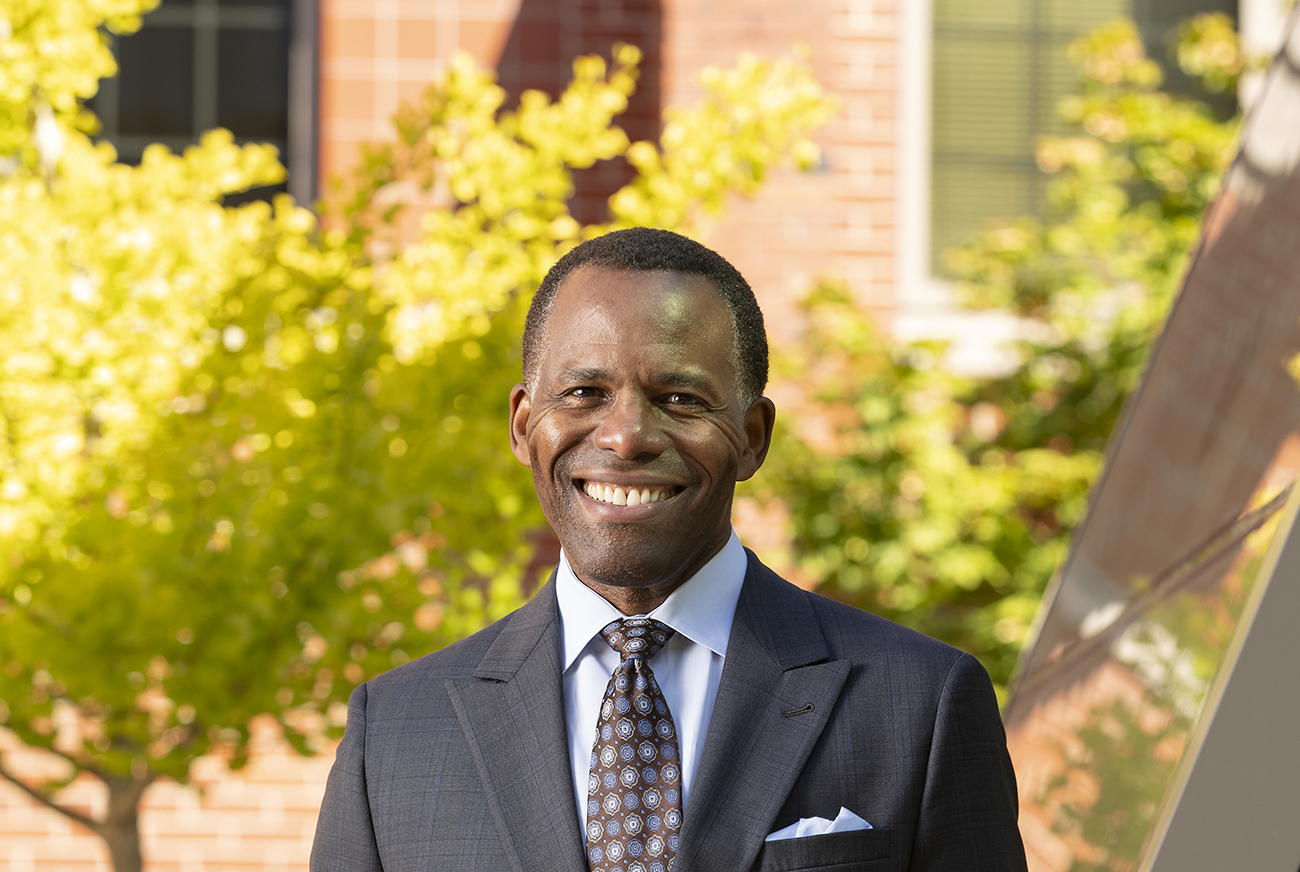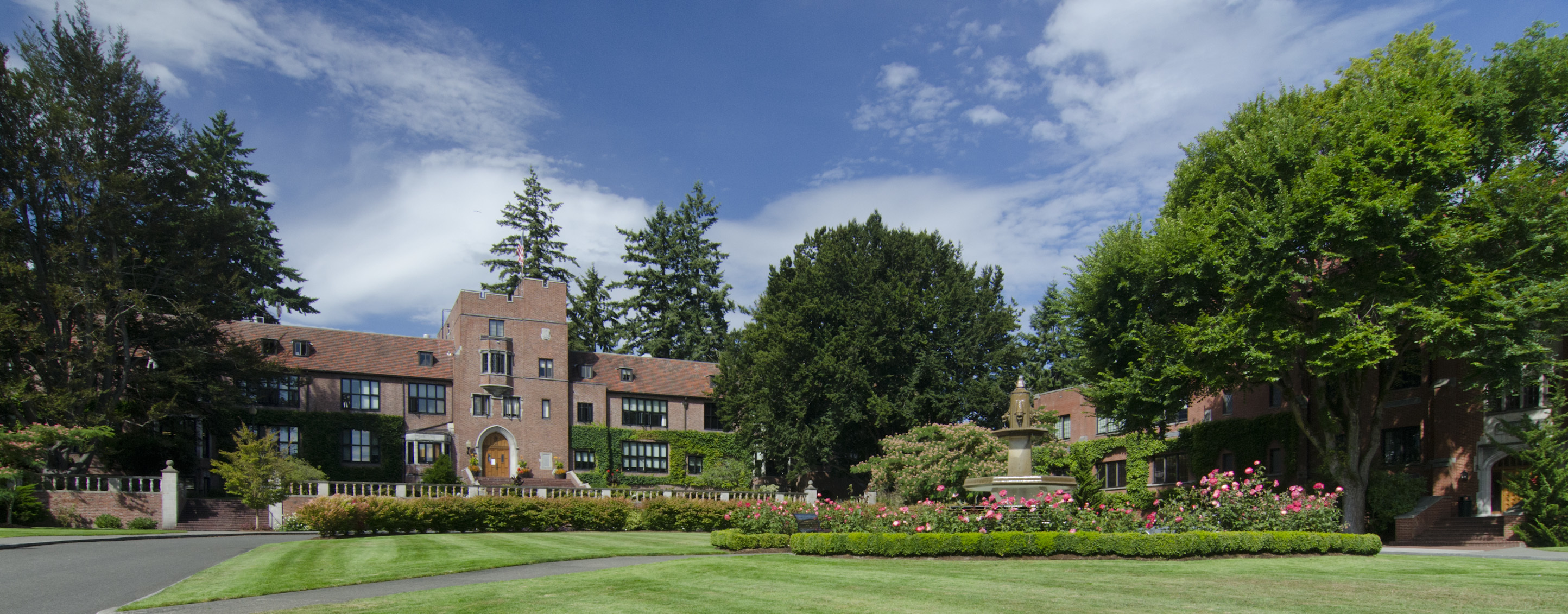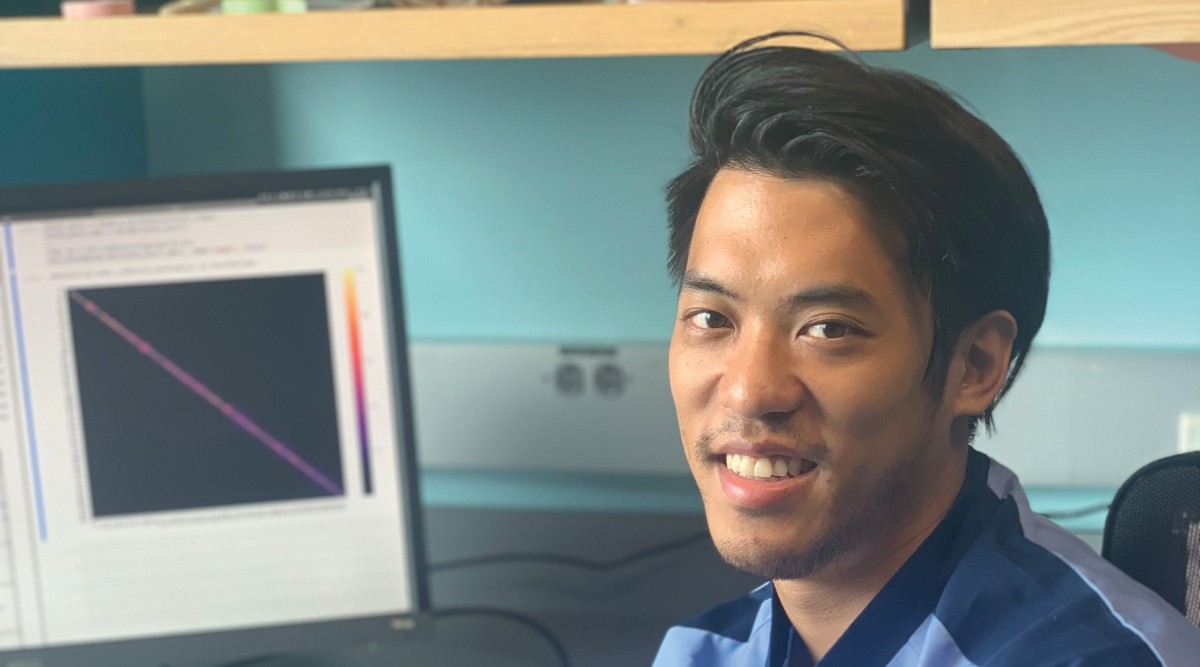Matt Loewen ’08 puts his Puget Sound education to work studying active volcanoes.
Matt Loewen ’08 studies the rocks he finds in some of the most remote corners of Alaska to help him understand volcanoes.
Loewen is a research geologist with the U.S. Geological Survey; he and his colleagues at the Alaska Volcano Observatory monitor dozens of active volcanoes across the country’s largest state. (Since records began to be kept in 1760, more than 50 volcanoes and volcanic fields have been active in Alaska.) Loewen’s field work—about four to six weeks each year—takes him from the observatory’s base in Anchorage to the western Aleutian Islands, some 1,500 miles away. The work can demand long days spent in less-than-luxurious lodgings.
For Loewen, it’s a dream job.
“I get to do incredible field work all the time,” he says. “In terms of experiences, this job is like a vacation. I get to go to unbelievably beautiful places that very few people get to go.”
